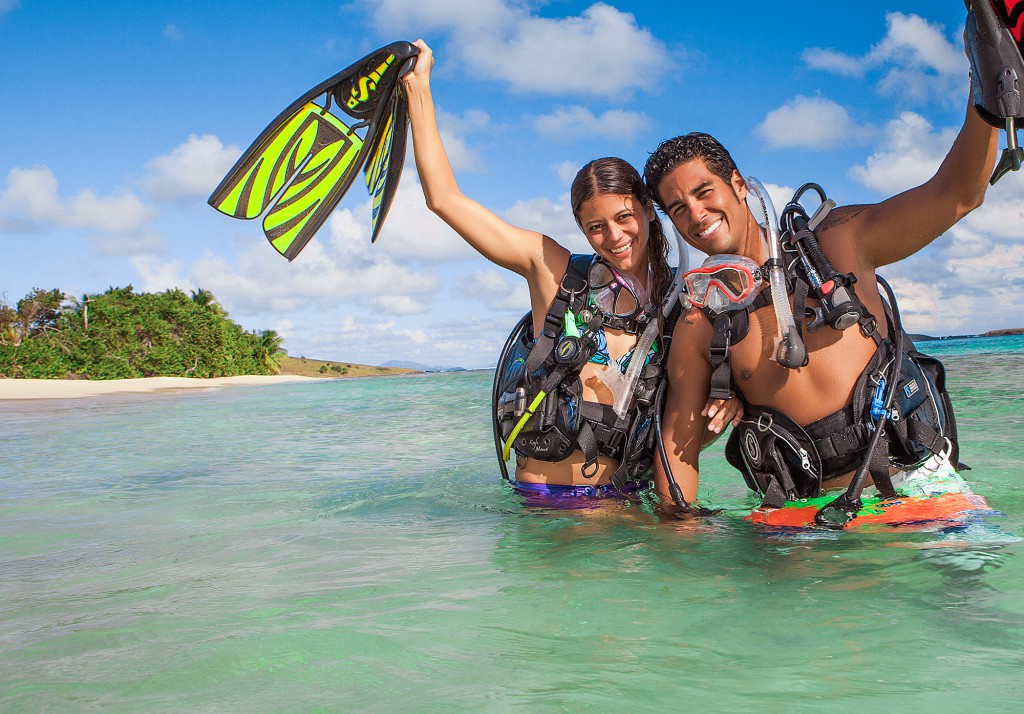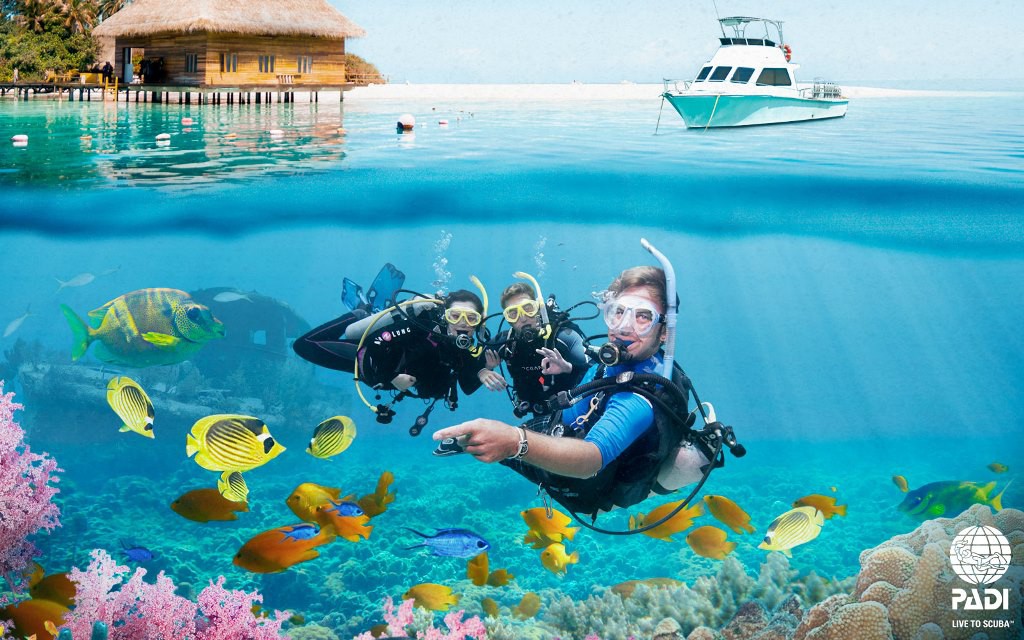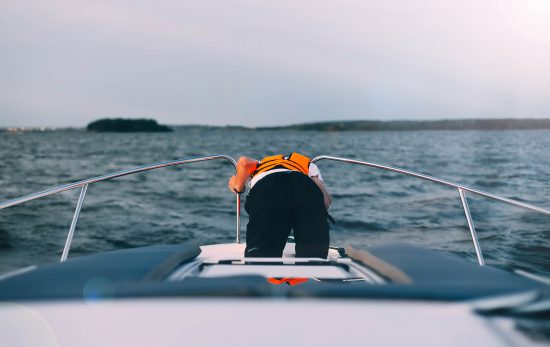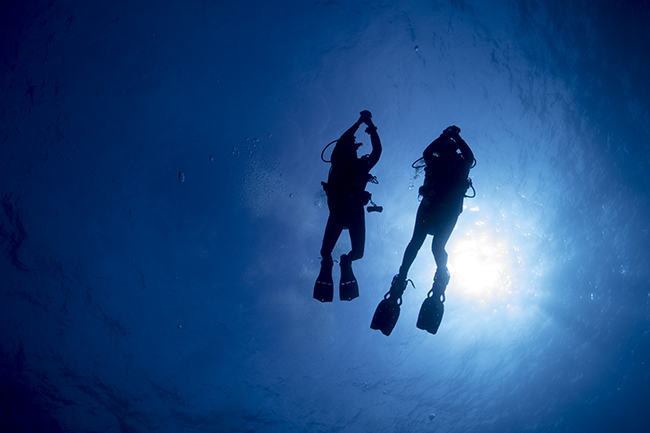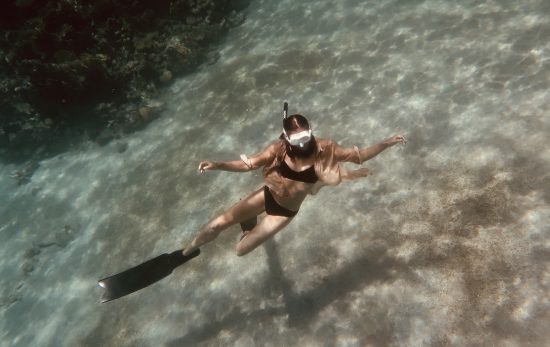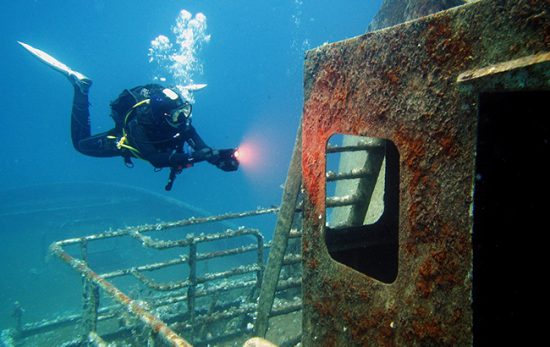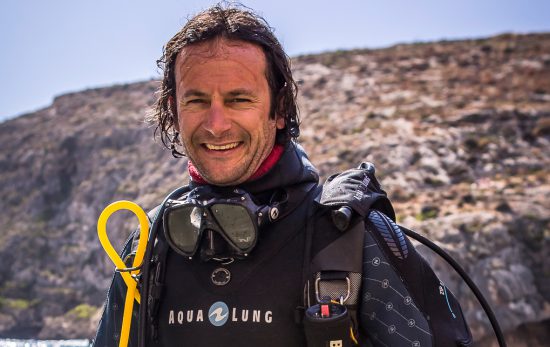You know you’re supposed to be excited about your scuba class. After all, you’ve looked forward to learning to breathe underwater for longer than you can remember.
Scuba divers float alongside fishes and get to view a part of the world underwater that few get to see.
But there’s one problem: You’re a little nervous. Don’t worry, these thoughts are common. It may feel awkward to put on bulky equipment and seem unnatural to breathe underwater.
Fortunately, we have a few points that can help diminish your pre-dive class jitters.
Scuba instructors are training experts and know how to make new students feel comfortable. Ask any PADI Diver and they will tell you, it doesn’t take long until you trust and admire your instructor.
In the beginning, thinking about all the skills you need to learn can seem overwhelming. Once you realize the course is comprised of bite-size, digestible pieces, it becomes quite easy.
Part 1: Knowledge Development
You’ll read about diving, watch videos, and test your knowledge. The best way to banish pre-class jitters is to start here and master this independent study material. If you ace this part, you’ll feel prepared.
Before you get in the water for the first time, you’ll need to buy or rent scuba equipment. Don’t worry if you have no idea what to get. Your instructor will make sure you have what you what you need and in the right size. This means you will probably need to try on a wetsuit.
Part 2: Pool Dives or Confined Water Dives
When it’s time to get in the pool, or “confined water” as we like to call it, you’ll don all your equipment and breathe underwater for the first time. Compared to trying on a wetsuit, this is the easy part! It’s also the best part. You’ll put your regulator in your mouth, bend over so your face is underwater, and breathe. Now you’re scuba diving!
During the confined water dives, you’ll perform scuba diving skills after you’ve watched your dive leader demonstrate the skill. The trick is to watch the demonstrations carefully. If you can mimic how dive leader performs the skill, you’ll have mastered the skill.
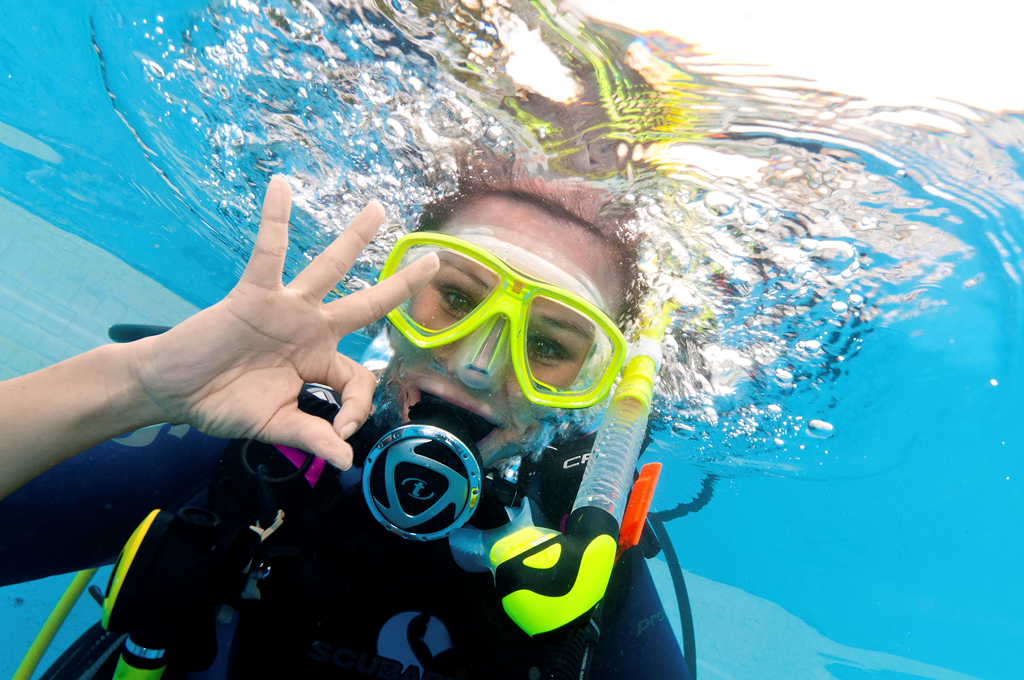
Part 3: Open Water Dives
You’ll make open water dives in a place appropriate for beginner divers. This is where you practice, apply and demonstrate what you learned so far. You will just be repeating things you’ve done before. If you pay close attention to the pre-dive briefing, you’ll already know what to do on the dive.
One last tip, if you ever have any questions during your course, ask your instructor. They understand not everyone learns the same way. They can accommodate different learning styles if you speak up.
Now that you’re less anxious about your class, go here for more advice and make sure you get a good mask.
Can’t wait? Learn how you can get started now.
